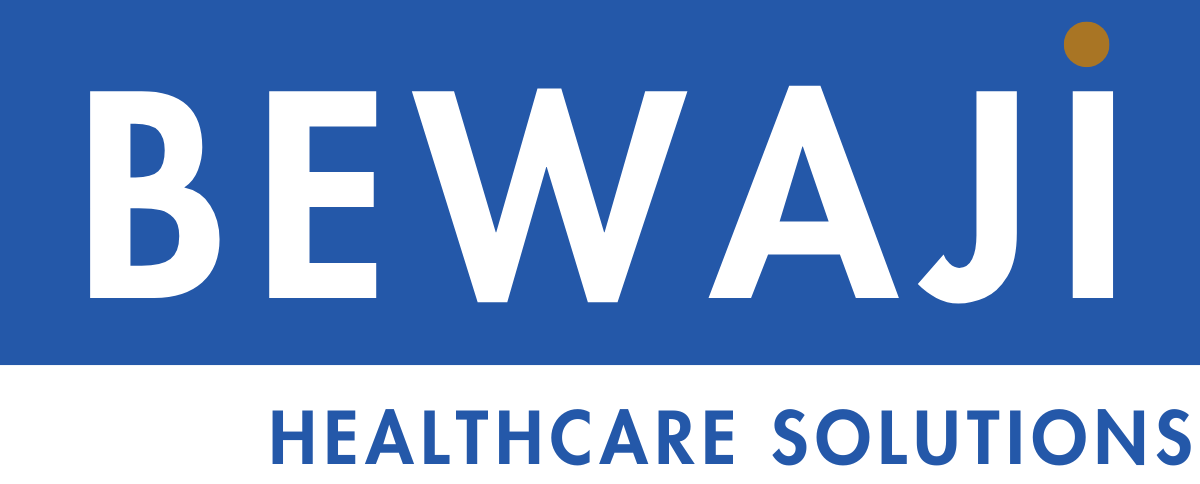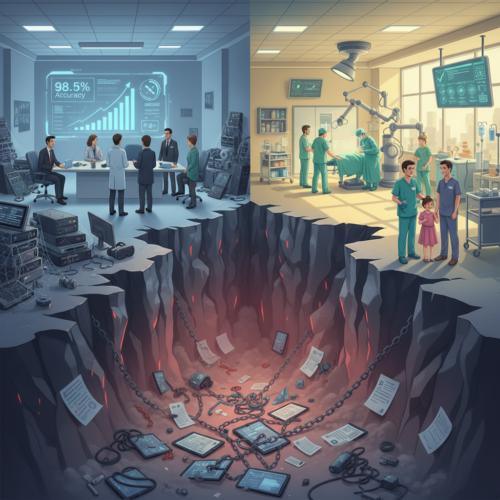Introduction
In the spirit of transformative technologies like generative AI, let’s delve into how ChatGPT, a large language model developed by OpenAI, is making waves in healthcare decision-making. Much like its impact on various other sectors, ChatGPT brings to the table an unprecedented blend of natural language processing and machine learning capabilities. It’s not just about automation; it’s about augmenting human abilities to make more informed, data-driven decisions.
Data Science: The New Frontier in Healthcare
Synthetic Data Generation
As the field of data science evolves, ChatGPT is carving its own niche. According to recent research, one of the most notable advantages is its ability to generate synthetic data. This has numerous applications from training machine learning models to reducing the time and cost associated with data collection. Not to mention, it mitigates issues related to privacy and security.
Text Mining and NLP
ChatGPT’s prowess extends to text mining and natural language processing tasks such as sentiment analysis and entity recognition. Its capabilities are not just theoretical; they have real-world applications that can revolutionize how healthcare data is analyzed and used.
Clinical Decision Support: More than a Second Opinion
Radiologic Decision-Making
Research shows promising results in the use of ChatGPT for identifying appropriate imaging services for conditions like breast cancer. This is a significant leap from traditional methods, offering a more streamlined and data-backed approach to critical clinical decisions.
Perioperative Medicine
The use of large language models like ChatGPT in perioperative medicine is no longer a question of ‘if’ but ‘how’. From clinical decision support tools to improved data analysis and even optimized documentation processes, the applications are both varied and impactful. Healthcare providers need to adapt to this technology or risk being outpaced by those who do.
Specialized Applications: The Niche Markets
Ophthalmology
While the jury is still out on the widespread applicability of ChatGPT in specialized fields like ophthalmology, initial studies indicate a cautious optimism. With further domain-specific training, ChatGPT could very well become a staple in such specialized medical fields.
Ethical and Technical Considerations
Bias and Reliability
Like any technology, ChatGPT comes with its own set of limitations. There is a need for caution due to the potential of biased or inaccurate training data. Awareness and proactive steps to mitigate these biases are essential for unbiased and accurate analysis.
Ethical Use
The ethical implications are not to be overlooked. Future generations of healthcare professionals must not only embrace this technology but also understand its limitations and ethical considerations.
Conclusion
In sum, ChatGPT offers an unparalleled opportunity to enhance decision-making in healthcare through its advanced data science and machine learning capabilities. However, like any powerful tool, it must be used responsibly. As we stand on the brink of this next productivity frontier, it’s crucial for healthcare leaders to both leverage the strengths and be aware of the limitations of this rapidly evolving technology.
Further Reading
- Evaluating GPT as an Adjunct for Radiologic Decision Making
- The Role of ChatGPT in Data Science
- Evaluating the Performance of ChatGPT in Ophthalmology
By blending conversational engagement with structured, research-based content, this article aims to serve as a comprehensive guide for healthcare leaders looking to harness the potential of ChatGPT in decision-making. The future is here, and it speaks our language.

